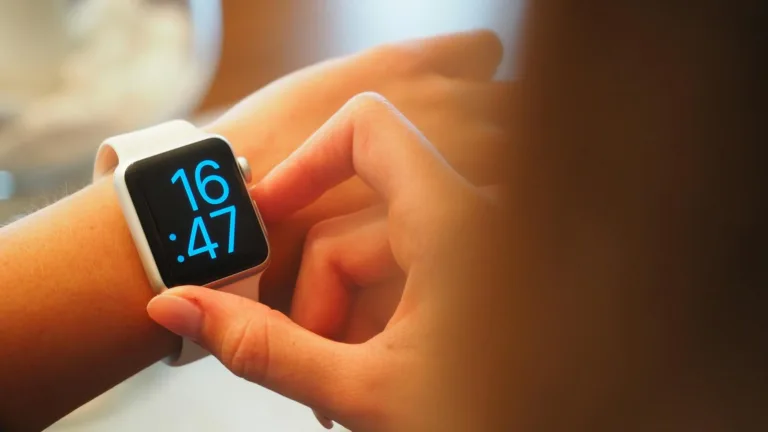Hate talking on the phone? You’re not alone. There’s actually something called “telenophobia” and depending on the intensity of the anxiety a ringing phone may give you, you just might have it. Like me, many of my clients see making a phone call as a functional task. I have no trouble calling my doctor and scheduling an appointment, talking to my husband about what time he’ll be home from work, or ordering a pizza… but the idea of socializing on the phone sounds about as enjoyable as plucking out my eyebrows one by one. I promise you’re not alone if you have perfected the art of sending a call to voicemail.
You could say that my generation just “didn’t grow up making phone calls” and “only know how to communicate through text”, but in general, people across all age groups are making less phone calls than ever before. In 2011, a Pew Research group survey found that the average cell-phone owner in the U.S. made or received a little over 12 calls per day, and in 2015, a study from consumer-behavior research group Informate put it closer to six. So what’s happening to make phone conversations so completely aversive?
They lack context.
When talking on the phone, we miss so many cues that we’d normally notice and respond to, during an in person conversation. Facial expressions, body language, silence, etc., all help to provide a conversation with context, making the interaction easier to understand. Do you use your hands when you’re talking on the phone? Nod? Me too… but the person on the other end of the line isn’t getting those cues, so the call can feel awkward and uncomfortable. Interpreting a pause in conversation can also go a variety of ways. “Are they bored? Are they still there? Do they even like me? Are they distracted?” Think of this emotional shame storm as a directionally challenged tour guide.
You feel interrupted and caught off guard.
Even if you’re not ‘busy’ per se- or can continue talking while multitasking, an unexpected phone call can feel like an intrusion on your time. If you’re a perfectionist, you may even rehearse what you’re going to say before making a phone call, so being on the receiving end throws a monkey wrench into your preparation. With email, text and other app messaging services, time is on your side. You don’t always have to respond right away, you can take time to choose your words carefully and consider the other person’s response before finalizing the message and sending it.
In real time, ‘self editing’ doesn’t contribute positively to an interaction where confidence may be key. There’s no backspace in a phone conversation- you may be able to dance around the supposed mistake, but you can’t outright delete it. It’s out there and it’s out there forever. Thinking on your feet may cause you to stumble and the feeling of being judged is intolerable to many of us. The idea of coming across as inarticulate, unintelligent or (GASP!) imperfect, keeps a lot of us from picking up the phone when it rings.
“Phone etiquette”.
Typically, there is a beginning, middle and end to a phone conversation. For some, gracefully transitioning from salutations to small talk to content to goodbyes can be difficult terrain to navigate. Many of us are not comfortable with small talk or see it as a waste of time, particularly if one party sees the call as purely functional. This can make things feel disingenuous and forced. When you start second guessing your authenticity or how it’s being perceived, you’re not present in the conversation, further damaging any likelihood that the phone call will feel successful at any point. Additionally, some of us don’t always have much to contribute to the conversation, especially if you identify as an introvert. Those silences, which during in person interactions can make someone seem like an excellent listener, doesn’t always translate well over the phone.
Of course, when we experience these discomforts, we associate talking on the phone as something BAD. When we avoid, we reinforce that avoidance keeps us safe, which makes your anxiety about talking on the phone even stronger. It becomes this monumental list of things that could ‘possibly go wrong’ and should be avoided at all costs.
There’s nothing wrong with disliking talking on the phone… but if it’s getting in the way of parts of your life, either personally or professionally, it may be time to talk to someone about it. Reach out– we have therapists that specialize in anxiety and have a wealth of knowledge to help support you through it!





